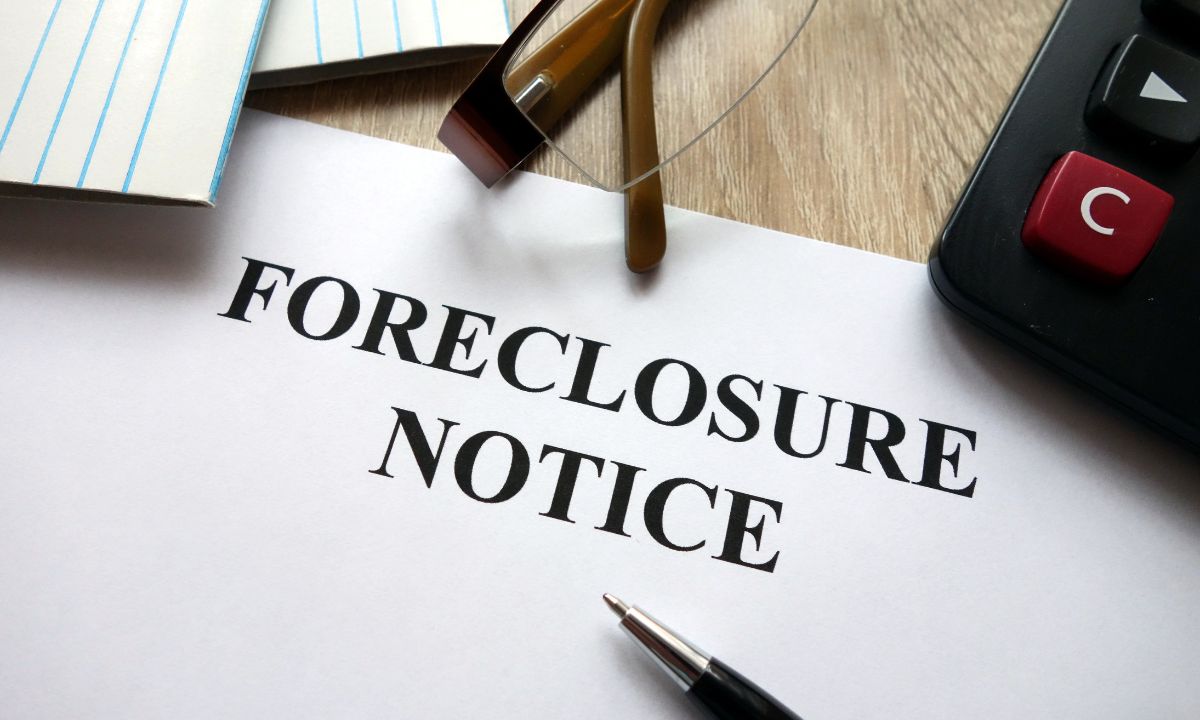 As a homeowner, the thought of foreclosure can be daunting. Understanding what foreclosure is and how to prevent it can provide peace of mind and safeguard your investment.
As a homeowner, the thought of foreclosure can be daunting. Understanding what foreclosure is and how to prevent it can provide peace of mind and safeguard your investment.
What is Foreclosure?
Foreclosure is a legal process where a lender attempts to recover the balance of a loan from a borrower who has stopped making payments. The lender forces the sale of the asset used as collateral for the loan—in this case, your home.
How Does Foreclosure Work?
The foreclosure process typically begins after several missed mortgage payments. First, the lender issues a notice of default, giving you a certain period to catch up on payments. If the default isn’t resolved, the lender can proceed with selling the home at a foreclosure auction.
Steps to Avoid Foreclosure
1. Communicate with Your Lender
Firstly, if you’re struggling to make payments, don’t ignore the problem. Contact your lender immediately to discuss your situation. They may offer options such as a loan modification or repayment plan.
2. Understand Your Mortgage Rights
Secondly, review your loan documents to understand your lender’s rights and your own. Knowing the timeline and procedures for foreclosure in your state can help you prepare and respond appropriately.
3. Explore Government Programs
Several federal programs are designed to help homeowners avoid foreclosure and offer various options such as refinancing and modification programs to make mortgage payments more affordable.
4. Consider Selling Your Home
If keeping up with mortgage payments is not feasible, selling your home may be a viable option. This can prevent foreclosure and protect your credit score. Work with a real estate agent to explore the best strategy for selling your home quickly and at a fair price.
5. Seek Professional Help
Do not hesitate to seek help from a HUD-approved housing counselor. These professionals can offer free or low-cost advice on avoiding foreclosure and managing your finances.
Foreclosure can be avoided with proactive steps and professional guidance. By communicating with your lender, understanding your mortgage rights, exploring government programs, considering selling your home, and seeking professional help, you can protect your home and your financial future.
 When a homeowner stops making regular mortgage payments, the bank can foreclose on the property. This means that the bank takes possession of the property in an attempt to recover the debt the homeowner owes. In some cases, the bank may try to recover this debt by selling the property at auction. In other cases, the bank will simply list the foreclosed home for sale.
When a homeowner stops making regular mortgage payments, the bank can foreclose on the property. This means that the bank takes possession of the property in an attempt to recover the debt the homeowner owes. In some cases, the bank may try to recover this debt by selling the property at auction. In other cases, the bank will simply list the foreclosed home for sale.